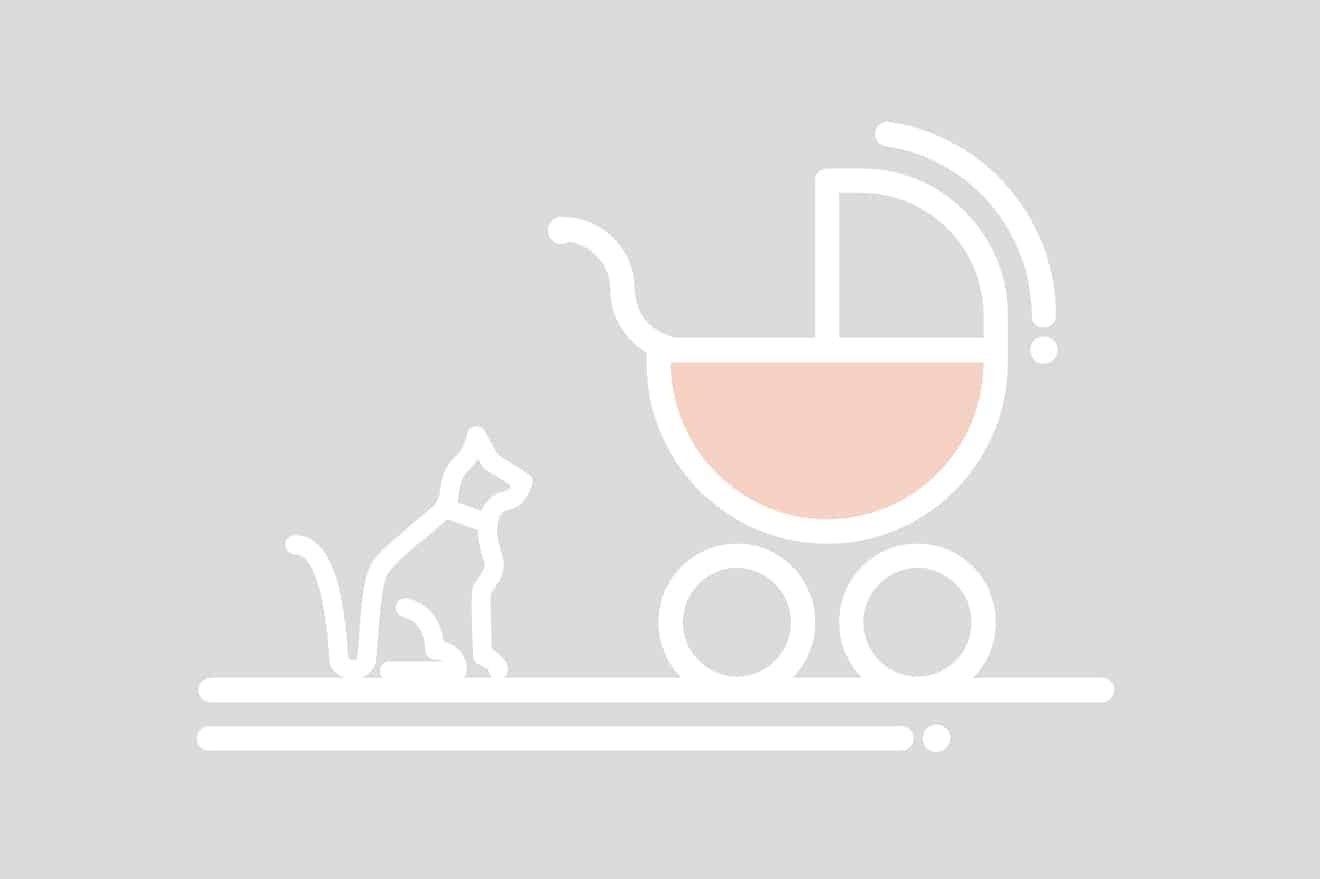1 July 2020
On 30 June 2020, the HFEA published its latest report entitled “Fertility treatment 2018: trends and figures”. It shows that since 2013, the number of egg and embryo freezing cycles in the UK has increased fivefold. In 2013, just 1,500 freezing cycles were undertaken. In contrast, this increased by 523% to just under 9,000 freezing cycles in 2018.
This rapid uptake of egg and embryo freezing in the UK helps individuals preserve and maximise their fertility until they are ready to try for a baby or complete their family. It also enables people to donate eggs, sperm or embryos for use by someone else in fertility treatment. Moreover, it reflects improvements in freezing techniques and greater awareness and acceptance of this technology.
This latest data from the HFEA also shows that as freezing techniques have improved, a typical patient will undergo one fresh embryo transfer in their first cycle and their additional embryos will be frozen for use in subsequent frozen embryo transfers. Elective cycles have also become more common, where all fresh embryos are frozen for use in subsequent treatment cycles. As a result, the UK has seen an 11% decrease in fresh embryo transfers between 2013 and 2018, whereas frozen embryo transfers have almost doubled and represented 38% of all IVF cycles in 2018.
Fertility Treatment Law
However, freezing gametes (eggs and sperm) and embryos and undergoing fertility treatment is not a panacea. It creates a wide range of legal and practical issues that need to be navigated carefully, including:
- Issues for women facing rapidly declining age-related fertility and loss of opportunity of fertility treatment and conception (e.g. fertility preservation and maximisation, management of existing personal relationships and implications of using donor gametes).
- Issues associated with assisted conception using frozen gametes or embryos involving a known donor, co-parent or surrogate (e.g. legal parentage, financial responsibility and dispute mitigation).
- Issues for men and women who seek to preserve and maximise their fertility and family building options as a result of a cancer diagnosis or gender reassignment.
- Difficulties with storage and use of frozen eggs, sperm and embryos in fertility treatment in the UK (e.g. lack of consent and expiry of storage terms).
- Issues associated with import of frozen gametes and embryos into the UK for use in fertility treatment and surrogacy (e.g. due to anonymous and commercially obtained gametes and embryos which engage UK public policy restrictions)
- Issues associated with the export of frozen gametes and embryos abroad for use in fertility treatment and surrogacy (e.g. lack of consent and storage term difficulties).
- Unexpected death of a loved-one and related issues associated with posthumous storage and use of eggs, sperm and embryos in fertility treatment (e.g. due to an accident or illness).
Need a fertility lawyer? If you would like to discuss your situation or you require specialist fertility and family law advice and assistance please contact Louisa Ghevaert by email louisa@louisaghevaertassociates.co.uk or by telephone +44 (0)20 7965 839.




